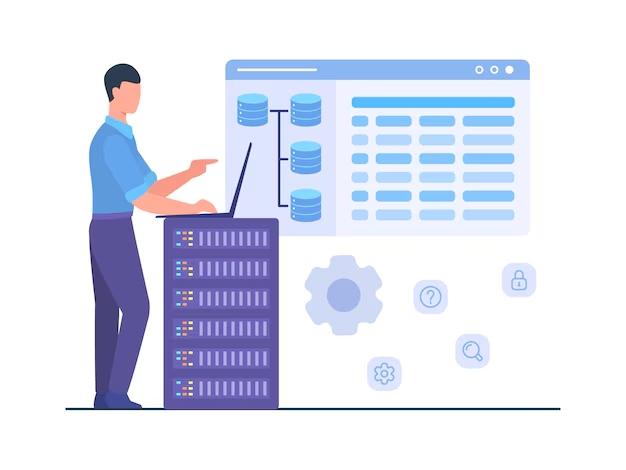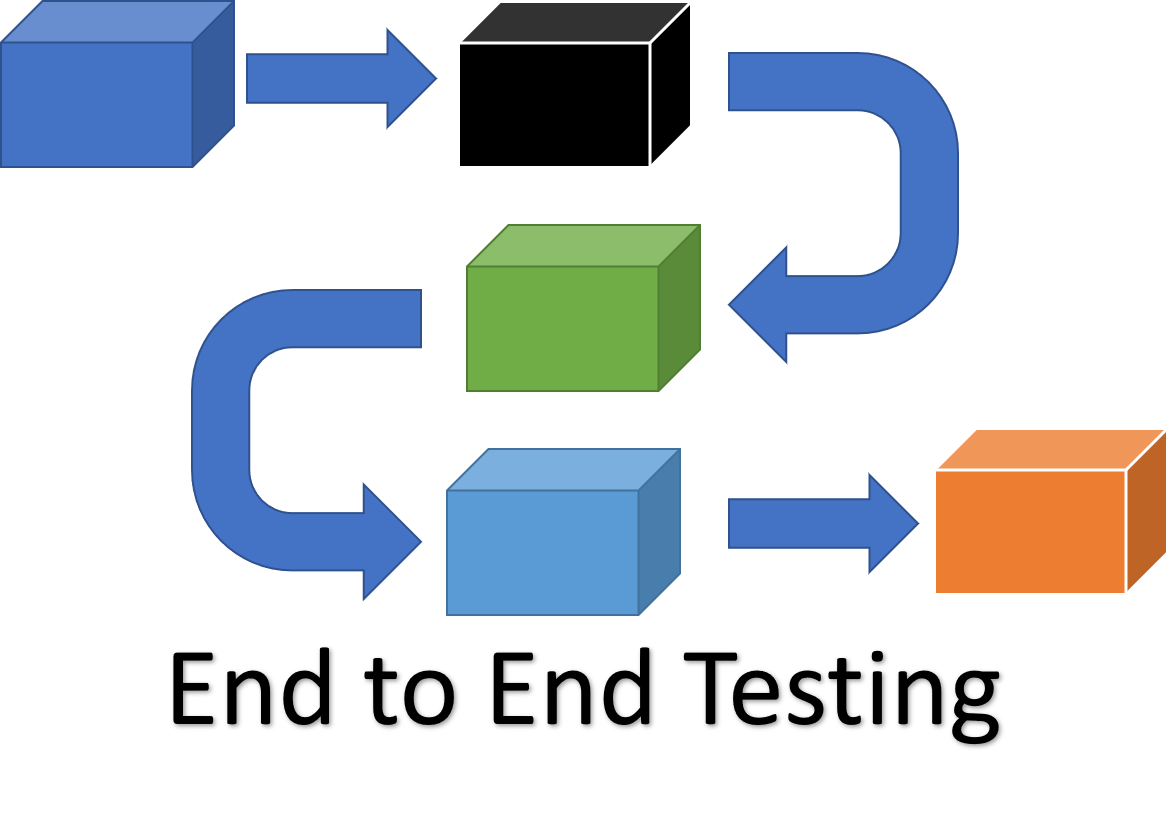Databases are important to manage everything from customer data to financial records. As organizations scale, they often require expert assistance to optimize, maintain, or migrate their databases. This is where the role of database consultant comes into the picture.
They can improve the efficiency, security, and reliability of the database. However, the real question is how much do they cost? Well, the answer depends on various factors, including experience, industry demand, and project scope.
In this article, we will see how different factors affect the cost that you would have be bearing to have a data consultant on board. Whether you need a consultant database analyst for a one-time project or ongoing support from a database consulting company like Tambena Consulting, understanding the cost structure is important.
1. Factors That Influence Database Consultant Costs
The cost of hiring database consultants varies depending on multiple factors. Some of the primary factors influencing pricing include:
a) Experience and Expertise
A database administrator consultant with years of experience typically charges higher rates than a junior consultant. The more expertise a consultant has in database optimization, security, and migrations, the higher their fees.
Junior consultants, typically with 1-3 years of experience, may charge between $50-$100 per hour. Mid-level consultants with 3-7 years of experience usually charge $100-$150 per hour. Senior or expert-level consultants, particularly those with certifications in Oracle, Microsoft SQL Server, or cloud database management, can demand hourly rates from $150-$250.
b) Type of Database
Different database platforms, such as MySQL, PostgreSQL, SQL Server, and Oracle, require specialized knowledge. Hiring an expert in high-demand databases will likely cost more than working with someone proficient in standard database solutions. For example, an Oracle database consultant may charge significantly higher fees compared to a MySQL expert due to the complexity and licensing costs associated with Oracle databases.
c) Scope of Work
The complexity of your project affects pricing. A simple database performance tune-up may cost significantly less than a full database migration consulting project. Optimization tasks such as query tuning and indexing improvements may take just a few hours, while a full database migration from on-premise to cloud could span weeks or even months.
d) Location of the Consultant
Rates for database consulting firms vary by geographic location. Consultants in North America and Western Europe typically charge more than those in developing regions. For example, a database consultant based in the U.S. might charge $150-$200 per hour, whereas an equally skilled consultant from India or Eastern Europe might offer services for $40-$80 per hour.
e) Project Duration
One-time consulting projects usually have a fixed cost, while long-term database support contracts might be priced on an hourly or monthly basis. Businesses needing continuous database monitoring and maintenance might find monthly retainers more cost-effective than one-off consultations.
2. Common Pricing Models for Database Consulting

a) Hourly Rates
Many database consultants charge hourly rates, which can range between $50 and $250 per hour, depending on expertise and location.
- Junior Consultant: $50 – $100 per hour
- Mid-Level Consultant: $100 – $150 per hour
- Senior/Expert Consultant: $150 – $250 per hour
This model is ideal for businesses that need occasional troubleshooting, minor enhancements, or emergency database support.
b) Fixed Project Fees
For well-defined projects such as database optimization or migration, some database consulting companies offer fixed-price services. These can range from $2,000 for small projects to $50,000+ for enterprise-scale work.
For example:
- Basic Database Audit and Optimization: $2,000 – $5,000
- Medium-Sized Data Migration (e.g., MySQL to PostgreSQL): $10,000 – $25,000
- Enterprise-Level Migration (e.g., Oracle to AWS Aurora): $30,000 – $50,000+
c) Monthly Retainer
If a business requires ongoing database consulting, it may opt for a monthly retainer. This typically ranges from $3,000 to $20,000 per month, depending on the level of support required.
Retainer services can include:
- Regular database health checks
- Performance monitoring and tuning
- Security patching and vulnerability assessments
- Backup and disaster recovery planning
- Technical support and troubleshooting
3. Additional Costs to Consider
a) Software Licensing Fees
If your database administrator consultant recommends transitioning to a new database system, you may need to account for software licensing fees. Some proprietary database solutions, like Oracle and Microsoft SQL Server, have significant licensing costs compared to open-source alternatives like PostgreSQL or MySQL.
b) Cloud Hosting Costs
If migrating to a cloud-based solution, businesses must also factor in the ongoing costs of cloud hosting services such as AWS, Azure, or Google Cloud. These costs can range from a few hundred dollars per month for small databases to thousands of dollars for large enterprise-level deployments.
c) Training and Knowledge Transfer
Some database consulting firms provide employee training as part of their service, ensuring that in-house teams can manage the database efficiently after the consultant completes their work. This service may add extra costs but is valuable for long-term database management.
4. How to Choose the Right Database Consultant
When looking to consult database professionals, businesses should consider the following:
- Reputation and Reviews
Look for consultants with a proven track record and positive client feedback.
- Technical Expertise
Ensure the consultant has experience with your database technology.
- Budget Compatibility
Get clear pricing quotes upfront to avoid unexpected costs.
- Communication and Availability
Choose a consultant who is responsive and can work within your required timelines.
- Industry-Specific Knowledge
Some industries, such as healthcare or finance, have specific regulatory requirements. Ensure the consultant understands these compliance needs.
5. How to Save Money on Database Consulting
To reduce costs while still getting high-quality database consulting, businesses can:
- Opt for Remote Consultants
Hiring remote consultants from lower-cost regions can significantly reduce expenses.
- Use Open-Source Solutions
Avoid costly licensing fees by opting for open-source databases when possible.
- Bundle Services
Some database consulting firms offer discounts when multiple services are bundled together.
- Invest in Employee Training
Training internal staff reduces long-term dependency on external consultants.
Final Thoughts
Hiring a database consultant is an investment in your company’s data integrity and efficiency. While costs vary, choosing the right database consulting firm or database administrator consultant ensures long-term benefits. By understanding pricing models and selecting a consultant that aligns with your business needs, you can optimize your database while keeping costs under control.
With the right consultant database analyst, your business can ensure a secure, efficient, and scalable database environment without overspending. So, don’t waste a minute and contact us to upgrade your database and increase the operational efficiency of your business.






